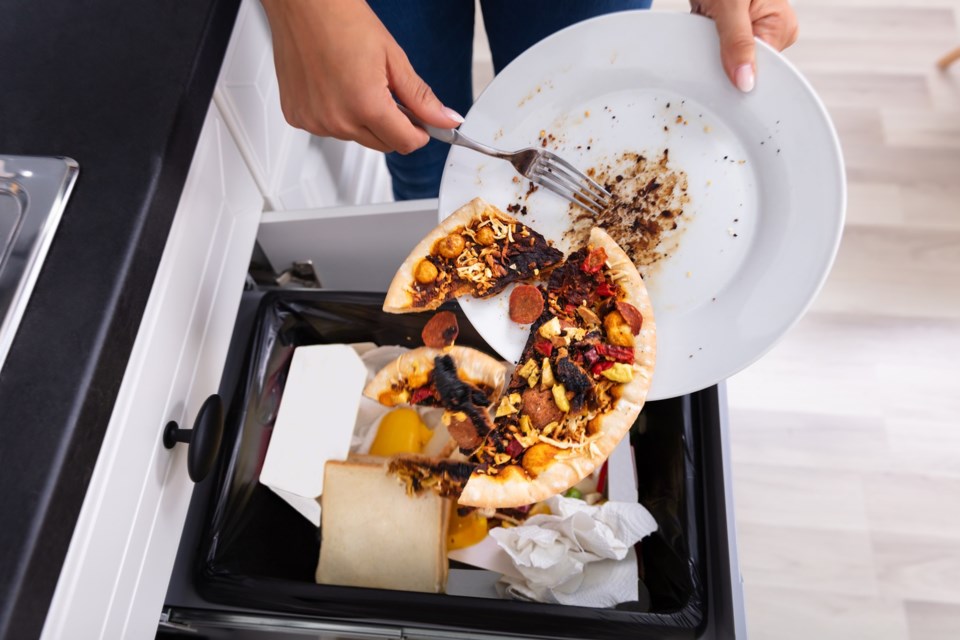WELLINGTON ‒ The Smart Cities Office, home of the Our Food Future initiative, will close its doors in December, two years earlier than anticipated.
An initiative that aimed to implement a circular food economy in Guelph-Wellington, Our Food Future announced during their mid-year report to Wellington County council that the project is coming to an end now as they’ve exceeded targets.
Starting with a goal of increasing access to affordable, nutritious food and economic revenues by 50 per cent, by 2025, the project has since exceeded all targets said Justine Dainard, the Smart Cities project manager, during the meeting.
“We’ve learned an enormous amount,” said Dainard. “We’re really excited to carry this work forward.”
In 2019, the initiative was awarded $10 million through Infrastructure Canada’s Smart Cities Challenge.
“Helping with job creation,” while the project began with a goal of helping 50 new circular businesses, they have since surpassed 300.
“We need to keep doing things like this, not necessarily just this,” said Dave Messer, executive director of Smart Cities. “The program has grown our regional reputation on sustainability and climate (and let us) punch well beyond our weight.”
According to Dainard, while the project initially started with their “award-winning” food waste flow study, the initiative has pivoted to source-separating construction waste at three different build sites in East Guelph.
“As we just heard, there is an incredible focus on new construction of housing,” said Dainard. “The general rule of construction waste is for every five or six wood frame houses, there’s enough waste to build an additional house.”
Expanding further later this year, the project tracks how much waste is created when a house is built and rescues any usable products that would’ve otherwise been thrown away.
“We can only make use of that waste if we’re separating it before it goes into their next life,” said Dainard. “So rather than dump it all into a skid that goes to landfill, we take the wood, drywall, shingles, etc. separately from everything else, and that way there’s a chance that it be reused into something .”
However, whether it be keeping food out of landfills or recreating things from something that would otherwise be wasted, Dainard explained “the bottom line is climate impact.”
Since its humble beginnings, the group has prevented 160 tonnes of greenhouse gas emissions, which is equivalent to keeping 36 000 cars off the road for a year.
“(Agriculture) is where we come from so it was only fitting that this would happen here,” said Coun. Doug Breen, during the meeting. “When we get to October and we have our celebration, this must not be a funeral…it has to be a graduation.”
Comparing the success of Smart Cities Food Future to when Guelph-Wellington piloted the blue box program, Breen shared his pride in the project’s accomplishments.
“I remember as an undergrad, seeing my first blue box, and what a big deal that was at the time and what it’s become,” said Breen. “So this is just another example of what we can do when we work together with the City of Guelph.”
While “a circular economy will remain a priority for the city,” a work plan will be presented in the fall with "very specific directions" on “how to keep the things that matter most to us going" while continuing "to work on some really essential pieces with our community partners.”
Isabel Buckmaster is the Local Journalism Initiative reporter for GuelphToday. LJI is a federally-funded program.



